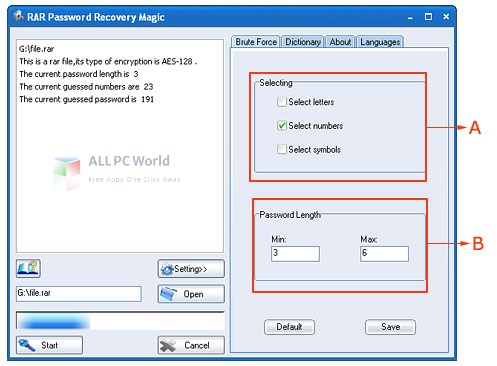
“While we continue to see inflation headwinds in our cost base, wherever we are seeing reductions in commodity prices - such as wheat and milk - we are doing the right thing to pass those savings to our customers wherever we can, particularly in our own brand ranges,” he said. Meanwhile, total sales jumped 9.6pc to £5.4bn during the period.Īsda bosses said the retailer was still suffering from increases in its costs, but that it would pass through savings to customers “wherever we can”.Ĭhief financial officer Michael Gleeson said the growth in Asda’s sales showed the strength of what it could offer to customers. The supermarket giant sold 14.7pc more Just Essentials items, its line of lowest-price products, during the three months to the end June.

The sales of Asda’s own-brand products has surged as customers seek cheaper alternatives amid rising living costs. The FTSE 100 ended trading 1.57pc lower at 7,389.64, while the domestically-focused FTSE 250 midcap index closed down 0.54pc at 18,659.75. A stronger pound means that the value of overseas earnings declines when converted back into sterling. The FTSE 100 is dominated by large international companies which generate most of their revenues outside of the UK. The internationally-focused FTSE 100 was further dented by a stronger pound, which surged as much as 0.5pc to $1.275. The surprise figures have spurred concerns that higher wage growth will require the Bank of England to keep interest rates higher for longer, in hopes of bringing inflation down to its 2pc target. June’s figure was also well above City expectations of 7.4pc growth.

The rate is the fastest pace since the ONS began collecting data in 2001. Wages excluding bonuses rose 7.8pc in the three months to June, according to data from the Office for National Statistics (ONS). The FTSE 100 has fallen after soaring wages sparks inflation concerns.īritain’s blue-chip index sank to a one-month low on Tuesday after latest figures showed that UK wages rose at the fastest pace on record.


 0 kommentar(er)
0 kommentar(er)
